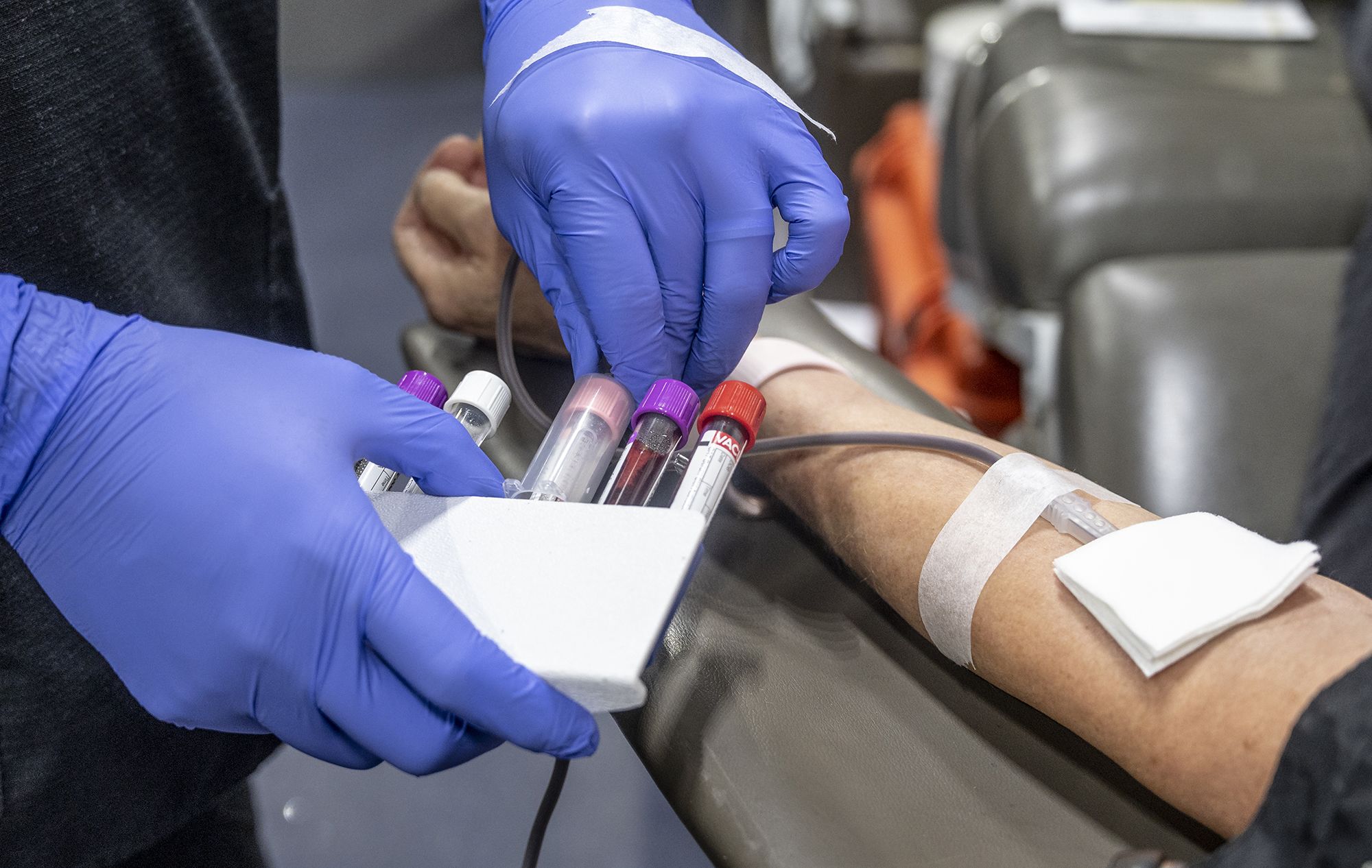GPO Plans to Manufacture Bird Flu Vaccine Starting March
The Government Pharmaceutical Organisation (GPO) of Thailand has announced plans to produce 200,000 doses of a bird flu vaccine beginning in March 2025. This initiative aims to prepare for a potential outbreak anticipated in June, reflecting the growing global concerns regarding the spread of avian influenza.
Production Details and Technology Used
GPO director Mingkwan Suphanpong stated that a dedicated production line for the bird flu vaccine, specifically targeting the H5N2 strain, is being established. The first batch, utilizing egg-based vaccine technology, is expected to be ready by May. The vaccine will have a shelf life ranging from six months to two years, ensuring it remains effective during critical periods.
Capacity for Increased Production
While the initial production will focus on 200,000 doses, Dr. Mingkwan emphasized that the GPO has the capacity to manufacture up to 500,000 doses if necessary. This proactive approach is part of Thailand’s broader strategy to mitigate risks associated with avian influenza outbreaks.
Global Context and Health Precautions
The GPO’s efforts come in response to rising cases of bird flu reported in several countries, including the United States, United Kingdom, and neighboring nations. The World Health Organization (WHO) has raised alarms about the increasing number of infections and has urged member countries to monitor and report any outbreaks diligently.
Target Groups for Vaccination
Dr. Mingkwan indicated that the vaccine will be available for individuals aged 18 years and older. However, the Department of Disease Control (DDC) will establish specific criteria to prioritize vaccination for high-risk groups, such as poultry farmers and residents living in areas with elevated exposure to avian influenza.
Aiming for Preparedness Against Avian Influenza
As Thailand gears up for potential avian influenza challenges, the GPO’s initiative reflects a commitment to public health and safety. By producing its own vaccines, Thailand aims to bolster its defenses against bird flu while reducing reliance on imported solutions. This strategic move underscores the importance of preparedness in safeguarding both human health and the agricultural sector from potential outbreaks.








